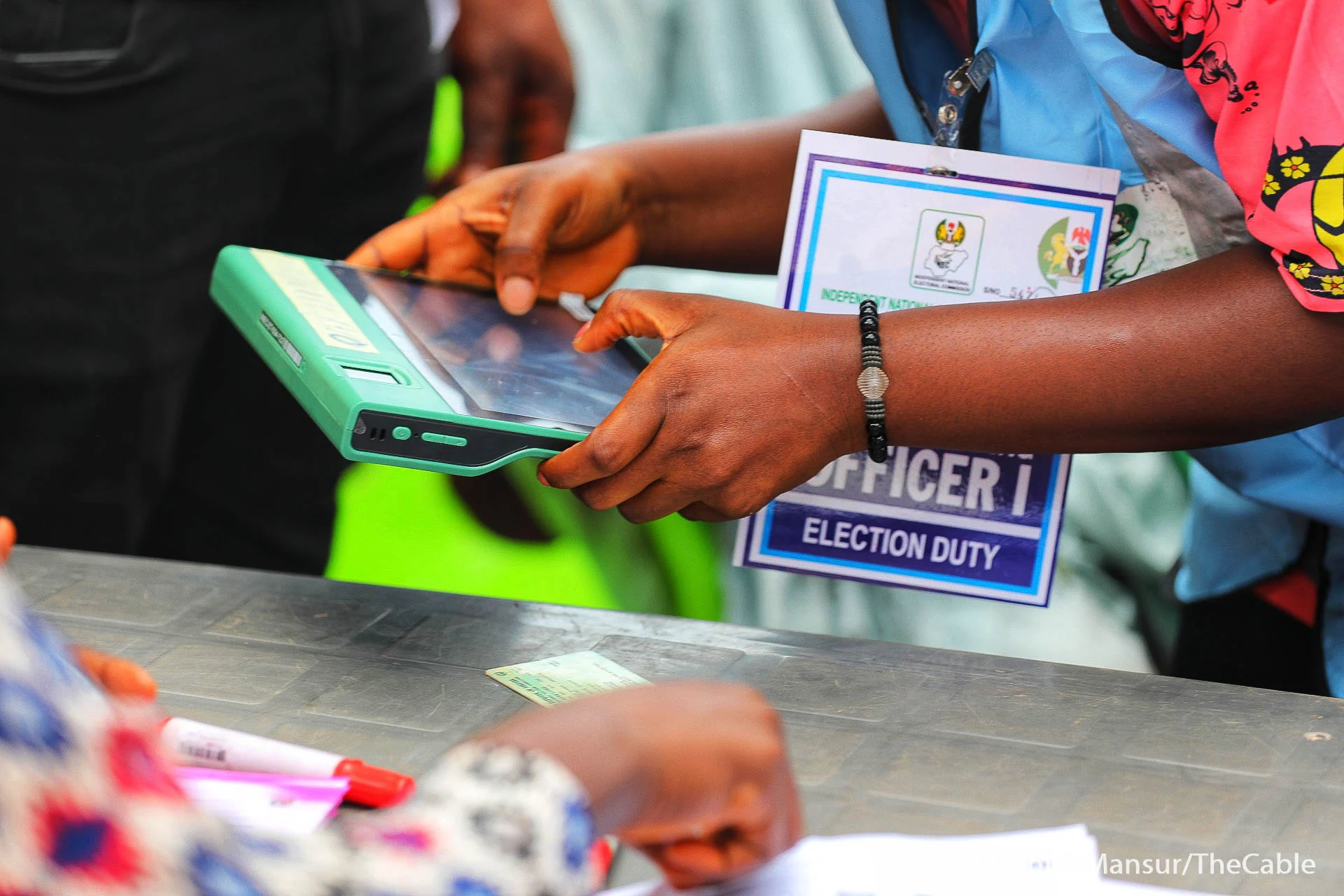There is this frail, elderly woman that visits the clinic every three months for her high blood pressure. We have a running joke between us where I ask if she is taking her medication and she replies with ‘you will soon find out’. As usual, her blood pressure is through the roof, but because I have managed her for the past five years, I am not worried. ‘Hajia’ as I fondly call her, has the condition known as white coat hypertension.
This condition occurs when blood pressure readings at a healthcare provider’s office are higher than they are in other settings, such as at home. It’s called white coat hypertension because people who measure blood pressure sometimes wear white coats. It was once thought that white coat hypertension was caused by the stress and anxiety that appointments with a health care provider can create. If blood pressure returned to optimal after the appointment, the temporarily raised blood pressure wasn’t considered a problem.
However, some care providers think that white coat hypertension or white coat syndrome as it is also called, can be a problem. It might mean a risk of developing high blood pressure as a long-term condition. People with white coat hypertension might also have a higher risk of developing certain cardiovascular problems and damage to some organs, compared with people who have steady, optimal blood pressure.
In Hajia’s case, she was diagnosed with hypertension more than ten years ago and has been regular on medication. Yet, every time she comes to the clinic for follow up visits, her blood pressure rises and gives the doctor the illusion that her BP is not being controlled. A few years ago, I encouraged her son to buy a digital sphygmomanometer to measure her BP at home while she was resting. The results which he recorded in a book, showed that her BP was well controlled with the medication prescribed. And so, whenever she comes, she just hands me her book and tells me about any new complaint she has. My measurement of her blood pressure is just a ritual at this point; It is almost always high.
Ever since the presidential elections, whenever I am about to drift off to sleep at night, I say a prayer of gratitude.
‘Alhamdulillah (Thank you Allah) for sleep and peace of mind’.
Nobody needs to tell me that Nigerian governors do not have peace of mind. Those that are hypertensive among them will suddenly develop white coat hypertension; in this case, the forthcoming elections serve as the ‘white coat’, while those who do not have high blood pressure will suddenly begin to have headaches and body ‘heaviness’, a sign of hypertension.
Reports from all over Nigeria trickling in is that governors have suddenly gone bunkers. From Lagos to Rivers to Delta to Kano to Adamawa, governors have suddenly realised that their lukewarm campaign attitude has failed and have suddenly realised there is work to be done.
In Lagos State, Sanwo-Olu has suddenly decided to waive fines on vehicles impounded for committing minor traffic offenses. Cars that have been locked up for several months due to traffic offences are suddenly to be released to their owners free of charge.
Hurray! Three gbosas for Lagos state government. Maybe elections should be held more frequently in this country.
He has also gone on Twitter to invite people for a ‘discussion’. He, who previously shunned gubernatorial debates, is suddenly asking for an audience.
Ikon Allah! What God cannot do does not exist, wallah!
In Kano, our ramshackle roads are suddenly being renovated overnight. I swear to God! Roads are being built in every nook and cranny. I passed by a dilapidated lonely road exactly two days ago only for me to see the same road today with major work being done on such a measly, tiny road. Graders, forklifts, excavators, cranes, and wheel loaders everywhere! O boy! So, they are capable of doing such work? Yet they wait until a week to elections, when their blood pressure rises, and they are well and truly desperate before they start executing projects.
Maybe, there is a correlation between high blood pressure and the ability to work as a governor that we do not know? I am sure a more scientific approach would give us objective answers. A cohort study where we measure the blood pressure of governors serially over four years up until the time of elections.
My fellow academics, who is with me on this one?
Sometimes I wonder what they think of us. Do they not think that we are so foolish as to fall for their crash programme? Or do they think that we suffer from collective amnesia that their four years of slumber can be erased by one week of hurriedly executed projects? Are we all so hungry that distribution of just one-piece spaghetti on the day of election is supposed to wipe away all our previous hunger and destitution?
Do they really think so lowly of us?
I guess the answer is yes.
If so, we need to sit up and remind ourselves of their manifestos. When treating white coat hypertension, doctors recommend that the person take their blood pressure readings somewhere else, using a home blood pressure monitor or an ambulatory blood pressure monitor (ABPM). An ABPM is a device that a person typically wears for 24 hours. The device measures blood pressure, taking blood pressure readings throughout the day while a person is at home or following their daily routine. The doctor will compare the readings with those from their office to see whether the person needs treatment for high blood pressure.
So just like in Hajia’s case, where she was advised to record her BP readings in a booklet, I suggest we record the actions of our governors, especially those seeking a second term. Have they done well in four years? Can we compare their work in four years to what is being done NOW during election period? Do they warrant a second term?
Is it really hypertension or white coat syndrome?
Meanwhile, Sannu fa! E pele o! Our dear governors, try and get some sleep during this period. Eat well, drink juice and cool your minds. The Lord is your strength!

 Join Daily Trust WhatsApp Community For Quick Access To News and Happenings Around You.
Join Daily Trust WhatsApp Community For Quick Access To News and Happenings Around You.

